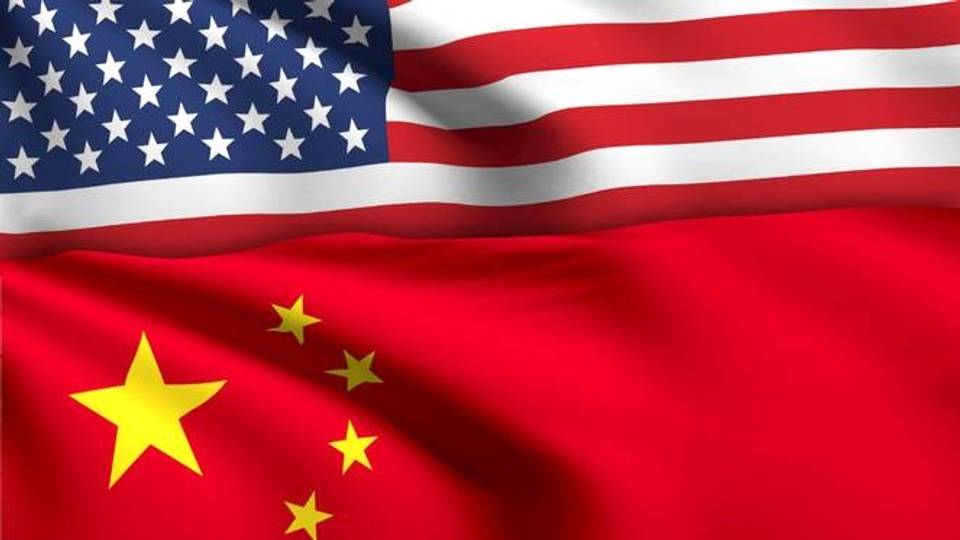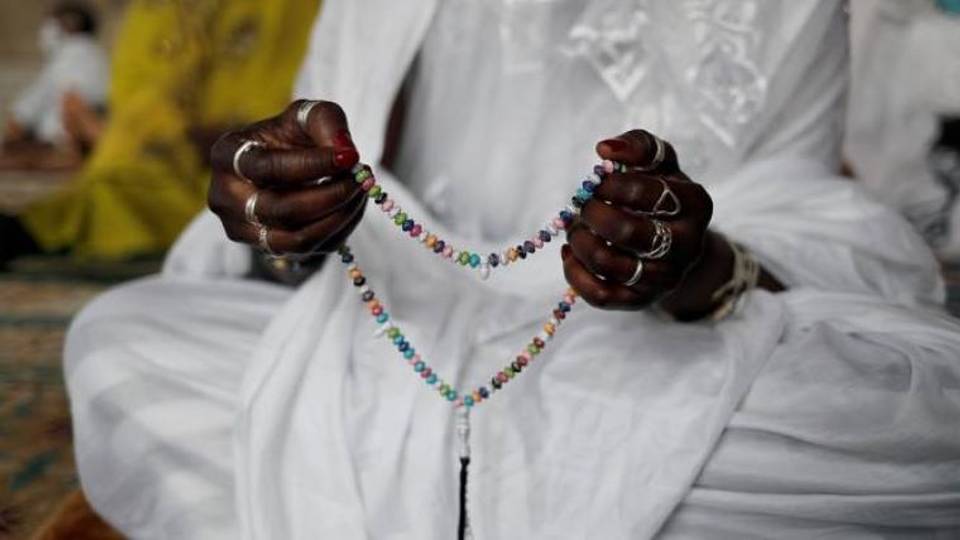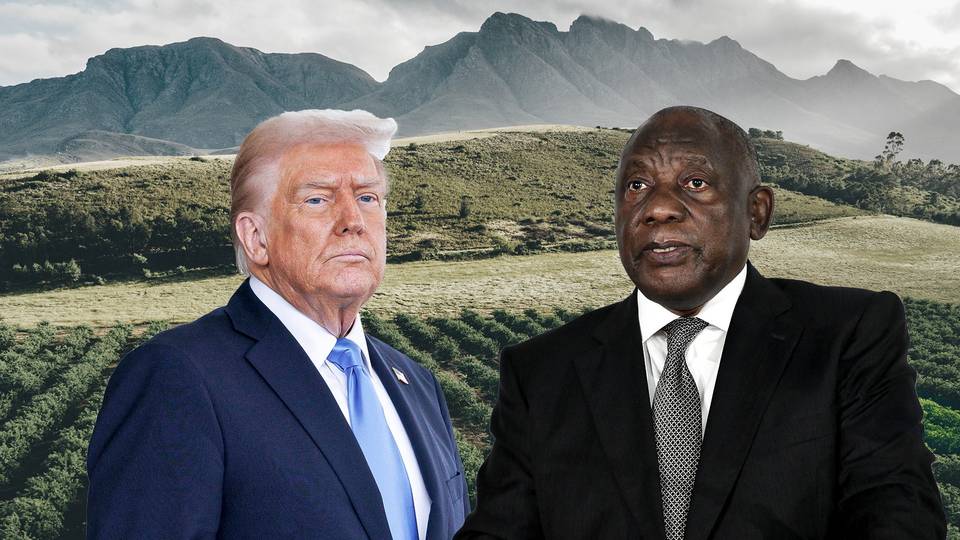Sport
Dollar
38,1321
0.12 %Euro
43,6557
1.34 %Gram Gold
4.077,4200
3.09 %Quarter Gold
6.731,9300
3.38 %Silver
40,3300
1.86 %While officials remain neutral, Chinese scholars and netizens have mixed views, though ultimately don't see either candidate as offering a clear strategic advantage.

By Josef Gregory Mahoney
In Beijing, state media officials see picking a favourite to win the United States presidential election as officially taboo because it would be self-defeating. On the one hand, China wants to avoid any whiff of "interference in another country's internal affairs."
This is an oft-stated principle of Chinese foreign policy, in tandem with "don't interfere in China's internal affairs," e.g., the Taiwan issue, and the desire to avoid accusations of the same from the US, which could respond by pulling Beijing's broadcast licences, and also imposing more sanctions.
This is true despite the double standard of the US regularly involving itself in the internal affairs of others, from supporting one party over another to supporting separatists, 'colour revolutions', regime change, and so on.
On the other hand, Beijing knows very well that declaring a favourite publicly would harm that candidate's prospects, given the level of vitriol against China across the US political spectrum.
There's also the simple fact that both candidates have competed with each other over who is tougher against China, with former president Donald Trump openly declaring that the Chinese leadership respects him more than Vice President Kamala Harris.
However, this taboo has not prevented Chinese scholars and netizens from discussing who they prefer, based on cultural or personal biases or some calculation of who they believe would be best for China's strategic well-being or their own, narrower interests.
To some extent, these discussions may reflect official thinking, keeping in mind that China's political system is often a reflection of popular opinions and vice versa, and furthermore, is not the monolith many assume it to be.
Indeed, it's possible and perhaps likely, for example, that different ministries believe their own interests or worldviews would be better served with one candidate or the other.
No clear advantage
That said, aside from the simple fact that most Chinese aren't thinking at all about American politics, there's also a prevailing view that neither candidate offers China a clear advantage. In this second respect, there are two analyses at work.
First, both candidates are hostile to China. They're both committed to advancing an evolving but still advancing containment strategy encouraged by America's defence and intelligence establishment, with strong continuities in this respect observable from former US President Barack Obama's administration to those of Trump and US President Joe Biden, with each leader largely a figurehead serving an increasingly coalescing view of American strategic interests.
Second, the world's leading economic and military power will instinctively normalise a competitive nation-state system and try to sustain its capacity for unilateralism, hegemony and imperialism.
Nevertheless, let's consider some of the opinions percolating in Chinese social media and among Chinese intellectuals.
Some people are simply entertained: the political drama associated with the US election amuses many around the world, including a large number of Chinese, a veritable soap opera that also excites those who liken their pick to playing a game of chance.
Chinese are thinking about Trump and Harris in much the same way Americans are: with an emphasis on style and personality but without much attention to their policy differences.
Perhaps there's also some pleasure in discussing American politics and political figures in a way that compensates for the taboos associated with discussing so directly Chinese leaders or the Chinese political system. But it’s more than this.
As a colleague recently observed, one of most interesting developments in China during this American election cycle is the extent to which Chinese are thinking about Trump and Harris in much the same way Americans are: with an emphasis on style and personality but without much attention to their policy differences.
Weighing the options
In Chinese social media, one can find a smattering of fascination with Kamala Harris. This includes those who fixate positively or negatively on her gender, ethnicity and even dating history, with those holding disparaging positions often expressing themselves in the most vulgar terms.
While a significant number of Chinese people welcome the idea of a career-minded climber who's nearly topped a patriarchal system and believe some of America's ills and those of the world might be corrected with a madam president, others stick with pure misogyny or the complicated argument that a "good woman" would not taint herself with the dark compromises necessary to rule such a dangerous, misguided and corrupt country.
Meanwhile, Chinese "liberals"--a catchall description that is nevertheless associated in one form or another with a significant number of scholars and professionals, including many belonging to the Tiananmen (1989) generation who've now reached the peak of their careers but remained publicly invested increasing political and economic liberalisation for China itself – seem rather ambivalent.
Indeed, many Chinese liberals have grown increasingly disillusioned with American democracy.
At one point, they were in lockstep with US policies towards China: they championed increased economic, educational, and cultural engagement, from which they both directly and indirectly benefited, while also being hopeful for the so-called "collapse thesis," which guided US policymaking until President Xi Jinping consolidated his political position and the CPC's revival following a successful party-rectification (nee anti-corruption) campaign.
In other words, the collapse thesis held that engaging China thusly could eventually spark something like a colour revolution, potentially producing a liberal democracy in Beijing. However, as the US has increasingly revealed its self-serving but also tragic nature, and brought trouble to China and Chinese liberal interests, many no longer identify the US political system or a particular candidate as a model or a hero.
Countless considerations
A large number of Chinese social conservatives favour Trump because they oppose identity politics and "woke" culture, fearful of the same infecting Chinese youth and society. This includes criticism from old and young alike, keeping in mind that China's younger generations today include some of its most conservative citizens.
That said, even Chinese progressives, among them women, view Harris as emblematic of "white feminism," despite her mixed race, as advancing a universalist vision of women's liberation that has always been out of step with working class women and women in the developing world.
There are debates among various policy circles calculating potential advantages and disadvantages associated with either candidate. For example, some believe Trump will accelerate disengagement from Ukraine and this would allow the US to focus more attention on containing China.
Others argue both candidates are likely to pursue similar policies vis-à-vis Ukraine and China and merely differ in terms of style.
Some also point out how the US has exploited its proxy war in Ukraine to undermine Chinese relations with Europe, a major cost to Chinese interests, while expanding NATO to prepare it for a new Cold War paradigm, working in tandem with other bloc-building efforts already underway against China, most notably AUKUS.
Some believe that Trump is a disruptor by nature and unpredictable, whereas the Chinese system values stability above all.
Furthermore, it might be a mistake to suggest the US has been hamstrung at all by the conflict in Ukraine. For example, America's anti-China containment strategy has come at such speed and already crossed so many red lines, it's fair to argue that doing more or doing it faster would have risked tipping into open war—something neither side wants presently, but for which both are preparing.
Some believe that Trump is a disruptor by nature and unpredictable, whereas the Chinese system values stability above all. Others hold that regardless of Trump's nature, whatever mistakes he makes towards China would inevitably hurt the US as well, and perhaps more so.
Others believe the Biden administration has been devastatingly effective in its efforts to create trouble for China, and that Harris would inherit this approach.
Some believe a Harris win could spark more militancy and civil unrest in the US itself, perhaps even a civil war, which some Chinese would welcome while others believe such a development would pose a grave danger to China and many others, and by no means wish such harm upon the US people.
Different calculations
Some believe Trump might abandon Biden's efforts to rearm Japan and be less inclined to require a more anti-China leadership in Tokyo, likewise in Seoul and Manila.

Some believe Trump might signal that Taiwan can't count on Washington should war break out across the Taiwan Straits, that he might be inclined to recall the US Special Forces that Biden deployed to Taiwan's frontlines with the mainland, and that developments like these could encourage the peaceful reunification Beijing desires.
Others worry that Trump's alleged proposal of immediately raising tariffs across the board would be a hard hammer on China's intensifying efforts to induce post-pandemic economic growth while undertaking difficult structural reforms.
In short, there are a lot of different calculations, despite impassioned arguments for one side or the other, and neither candidate presents a clear win for China.
Whoever does win will receive a congratulatory note from President Xi. That will likely be the only official comment on whoever America chooses to occupy the White House.
The author, Josef Gregory Mahoney is Professor of Politics and International Relations at East China Normal University (Shanghai) and Senior Research Fellow with the Institute for the Development of Socialism with Chinese Characteristics at Southeast University (Nanjing) and the Hainan CGE Peace Development Foundation (Sanya).
Disclaimer: The views expressed by the author do not necessarily reflect the opinions, viewpoints and editorial policies of TRT Afrika.
➤ Click here to follow our WhatsApp channel for more stories.
Comments
No comments Yet




















Comment